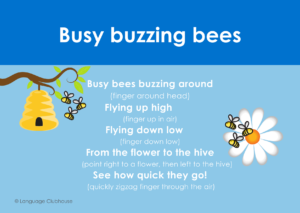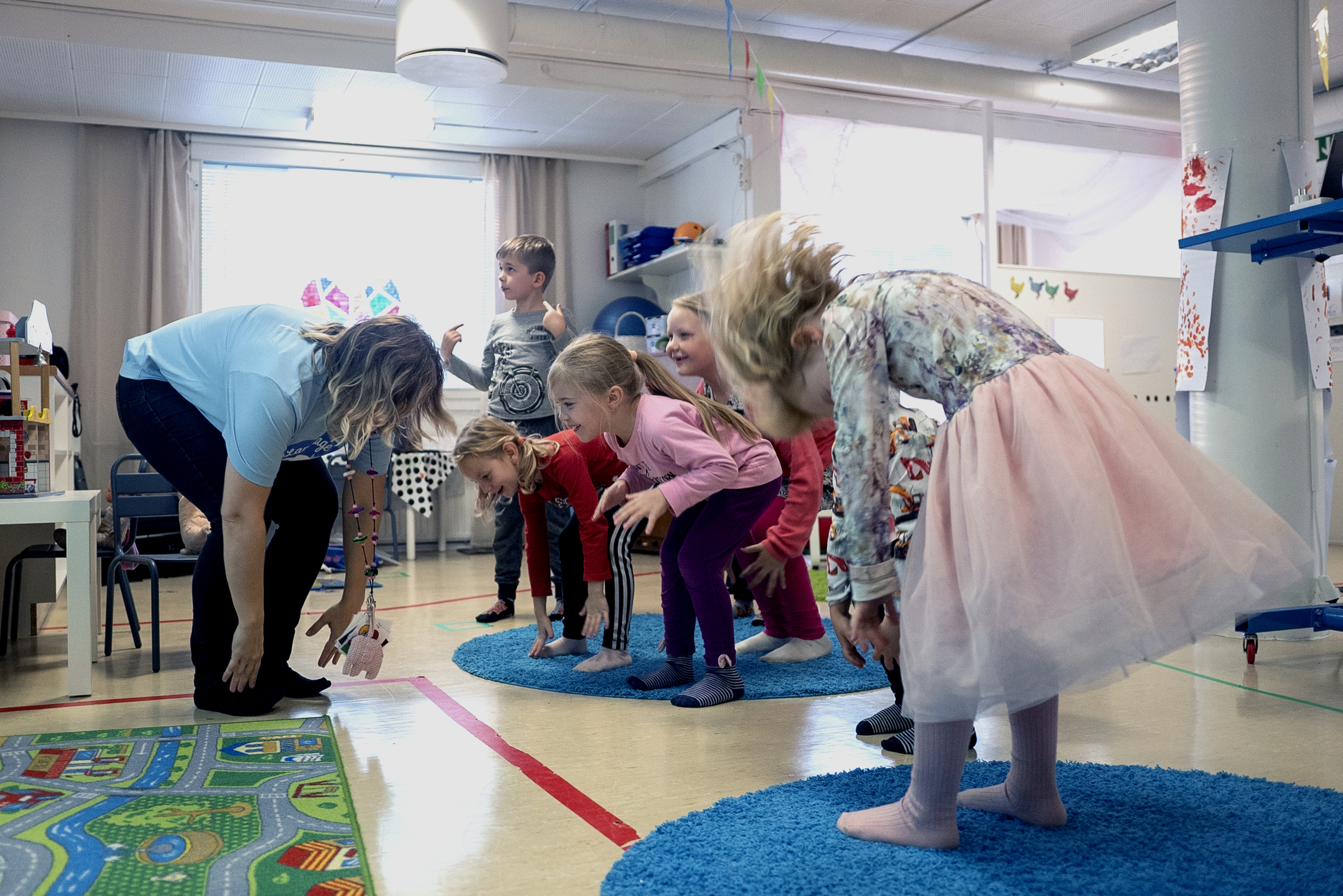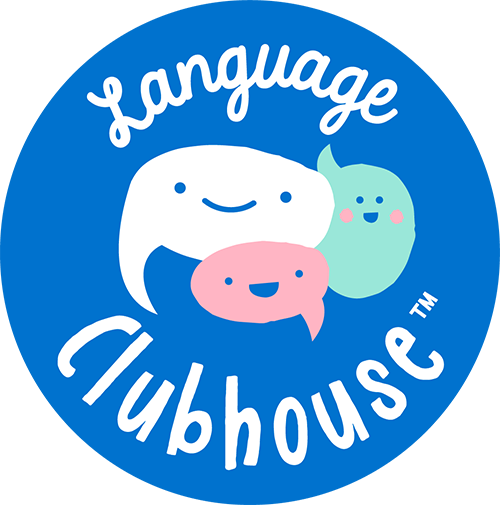Songs and rhymes are like a chocolate candy bar in an English lesson. They are sweet, delicious and bring happiness. The use of songs and rhymes in an English lesson is highly effective for many reasons. I want to share my thoughts about the unique feature of Language Clubhouse’s songs and rhymes from their English as a second language program.
- Songs and rhymes involve actions and help the physical development of the kids.
- They are truly social acts and help children develop their social skills and get an enormous amount of pleasure working in a group.
- Songs and rhymes build confidence in children and even shy kids will enjoy singing and acting out a song as part of a group. Songs develop a new sense of identity in young learners.
- They provide opportunities for kids to have meaningful exposure to the English language and reinforce their language learning and communication.
- Children learn not only the words but also the phrases when they are repeating them over and over and a great source of teaching grammar to kids
- Hearing sounds, syllables and rhyming words help children understand how language works and make predictions.
Language Clubhouse songs and rhymes are unique and have successfully addressed all the above features.
Here are some examples and samples from our Online program:
From the Online courses; Me & my life and Animals:
- “My hands can,” “My crew,” “Beehive” and “busy bees” are four rhymes that use coordinated hand movements and they are especially useful for young learners to develop their fine and gross motor skills.

Music Copyright Language Clubhouse 2020
From the Online course; Me & my life:
- “We are all good friends”, “Together” and “Roll ball” are the songs that kids sing in a group. They develop children’s social and emotional skills and are highly useful to teach the kids how to cooperate with others.
From the Online course; Animals:
- “10 little animals” is a song that supports the acquisition of concepts related to numeracy, mathematics and animal vocabulary.
From the Online course; Seasons:
- The 4 songs from the seasons course are short, have a memorable well-loved tune and include lots of repetition of words and chunks that support children’s acquisition of the English language.
From the Online course; Me & my life:
- “What can you do?” is a song that is not only useful for learning movement vocabulary but also a rich source for learning the grammar of the modal verb
“can.”
All the songs and rhymes are easy for children to understand because they contain all the familiar vocabulary related to the topic of the lesson and are used as a functional learning method. The use of music, lyrics, familiar melodies and movement give children the opportunities to become aware of extended use of the vocabulary and deepen cognitive thinking skills. Music and lyrics can be a powerful learning method and expand forms of expression and wake up different feelings in one another. Therefore carefully planned singing activities can create a sense of community and also support children’s language development and speech production.


 Linkedin
Linkedin
 Facebook
Facebook
 Instagram
Instagram
 Youtube
Youtube
